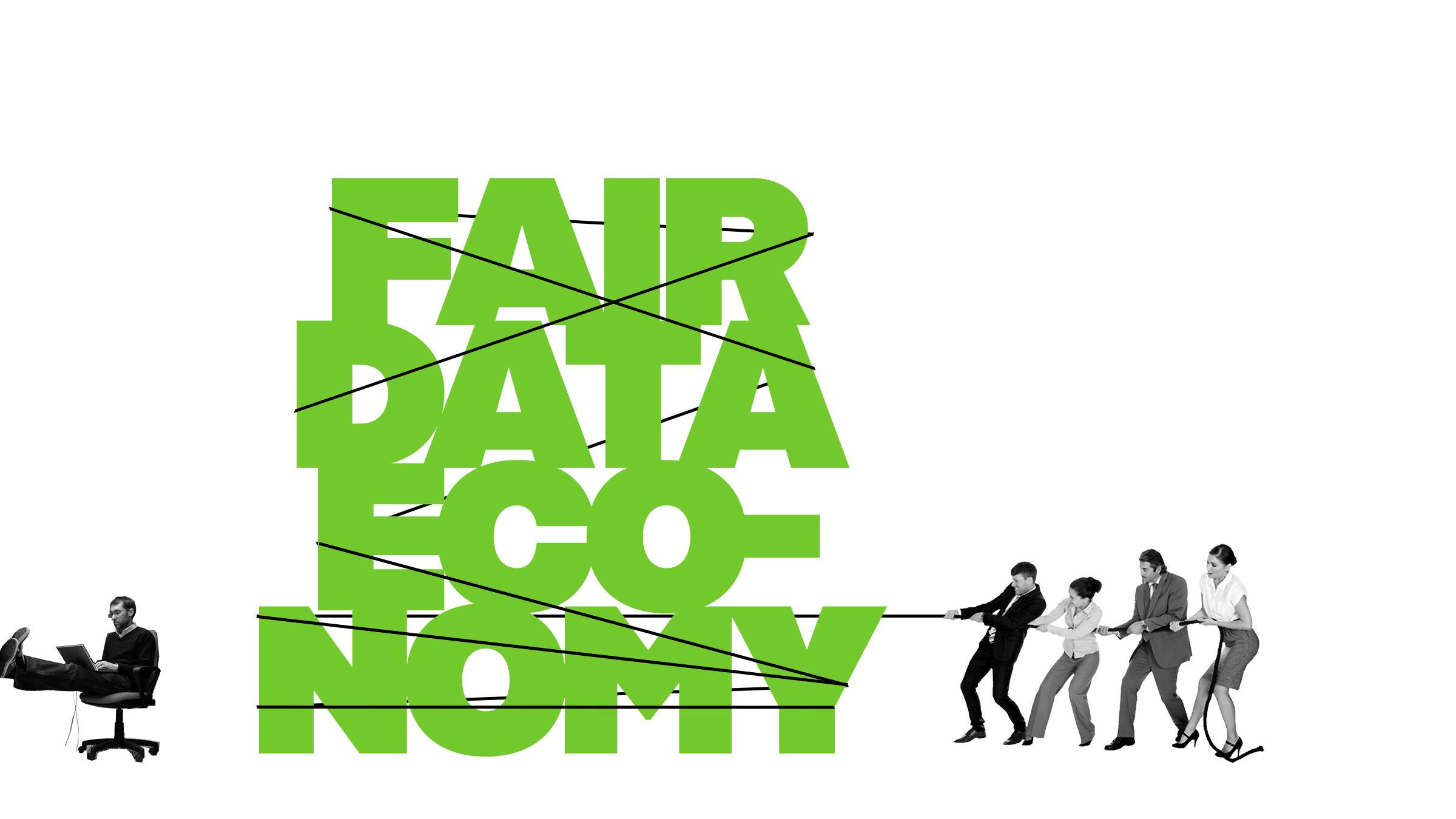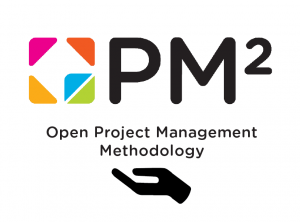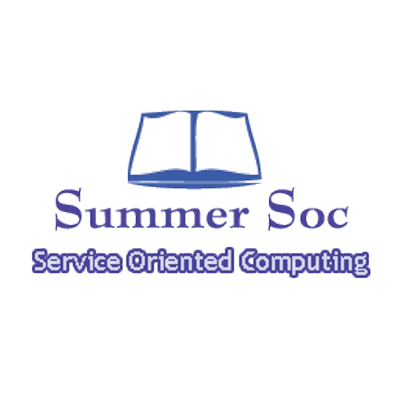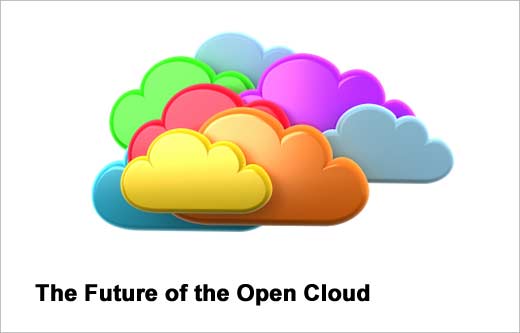Reclaim your data with open source instances
Announcing Cloud68 – reclaim your data with open source instances. Online Collaboration tools are proven to have a great added value on increasing team productivity, optimizing business processes and of course efficiency. This is hardly a matter of discussion any longer and businesses and professionals have been using many of these tools to help them … Read more












